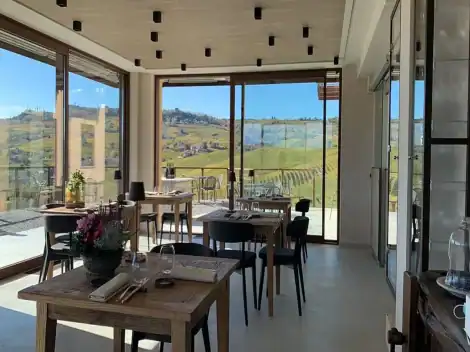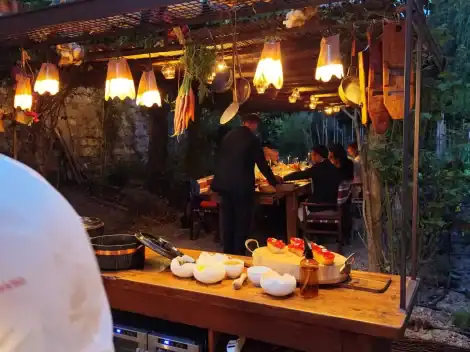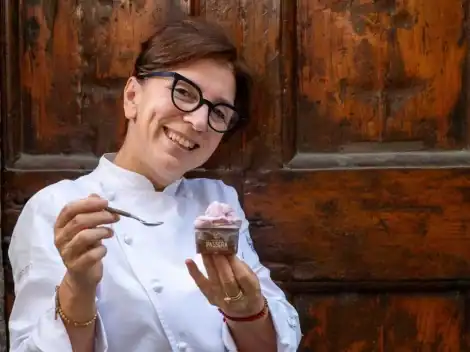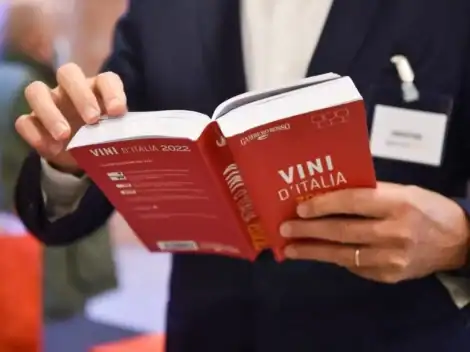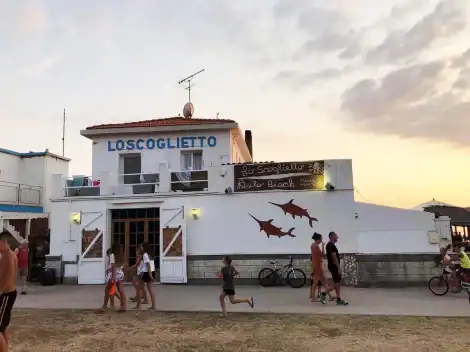After the long months of lockdown due to the Covid-19 pandemic, enthusiasts of good food, outdoor life, sports, and relaxation have rediscovered South Tyrol as one of the favourite mountain destinations for a short break or a long stay. Stretching 150 kilometres from west to east and 90 km from north to south, South Tyrol offers a diverse variety of landscapes and experiences. From the Three Peaks of Lavaredo to fairy-tale villages like Valles in the Puster Valley, you can stroll through the Gardens of Trauttmansdorff Castle among the honey-scented flowers, staying in a traditional farmstead in close contact with nature and rural life.
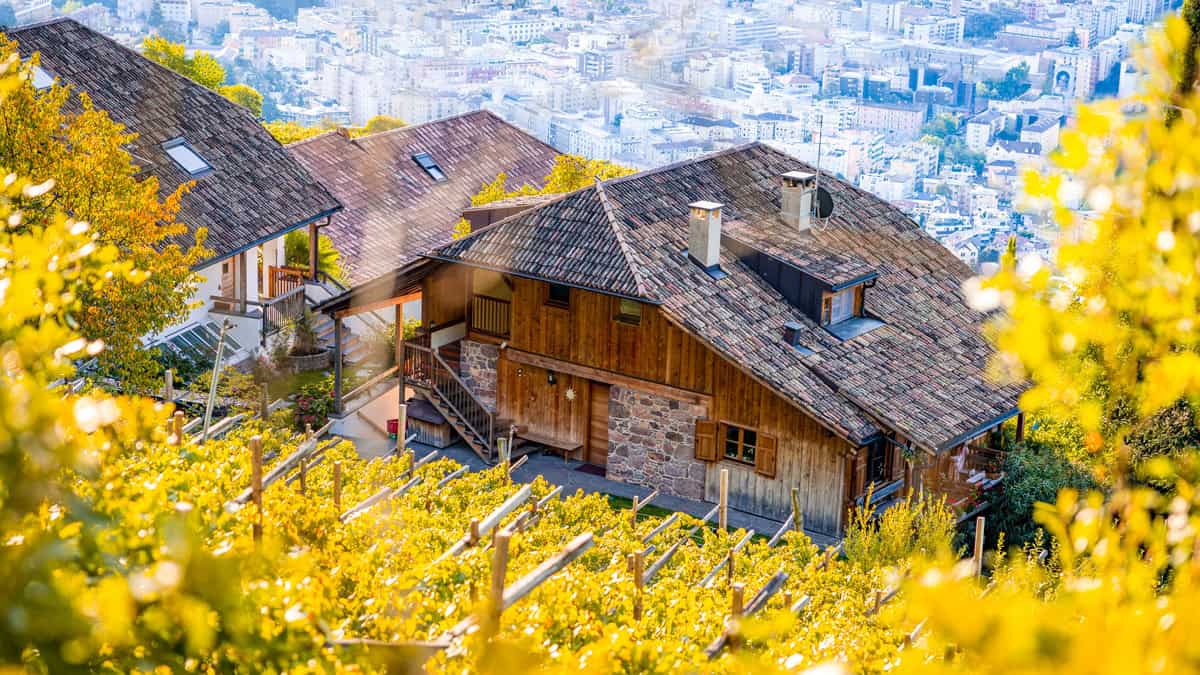
The Gallo Rosso Cooking School above Bolzano. Opening with dumplings from the Vinterra rural tavern.
Gallo Rosso
"Since its inception, Gallo Rosso's main goal has been to support the farmers of the masi in developing activities to complement agriculture, and to bring people closer to the lifestyle of South Tyrolean farmers," explains Elisabeth Oberparleiter, who is involved with Gallo Rosso. Since 1998, the ambitious project's goal has been to provide South Tyrolean farmers with new sources of income to prevent the depopulation of the valleys and to offer tourists the opportunity to get to know the rural world of South Tyrol up close.
The trend of spending holidays at farmsteads began around 1850, but it was after World War II that the affluent from Bolzano started fleeing the city from June to September to seek cooler mountain air. This led the South Tyrolean Farmers' Union to form an association to protect the interests of farming families, as many farms could no longer rely solely on agriculture. Twenty-six years later, the Gallo Rosso experience has consolidated and diversified, attracting tourists from neighbouring countries with five fundamental pillars.
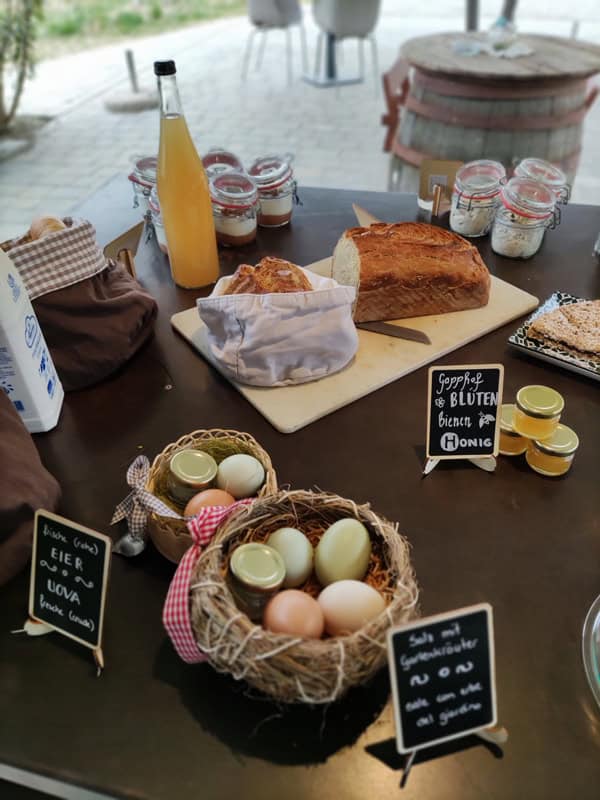
Breakfast with farm products at the Gapphof farmhouse.
Farm Holidays
A South Tyrolean farmstead typically consists of a main building housing the farmer’s residence, the barn, and other spaces like the hayloft, chicken coop, and bread oven. These farms have agricultural land used for growing fruits, vegetables, and cereals, often organic, or pastures for livestock. Managed by a farming family, the farmstead involves all necessary work from livestock care to field cultivation, maintaining biodiversity and preventing hydrogeological instability in mountain valleys.
The farms produce a wide variety of agricultural products, often sold directly to consumers or local restaurants. Of the approximately 25,000 farmsteads in South Tyrol, only 1,645 are certified for agritourism by Gallo Rosso, with only eight offering full board and sixty providing half board. Unlike simple agritourism, Gallo Rosso farms must meet strict requirements and are classified based on their features, ranging from 2 Flowers offering "warm and friendly hospitality" to 5 Flowers guaranteeing excellent furnishings, unique experiences, and superb farm products.
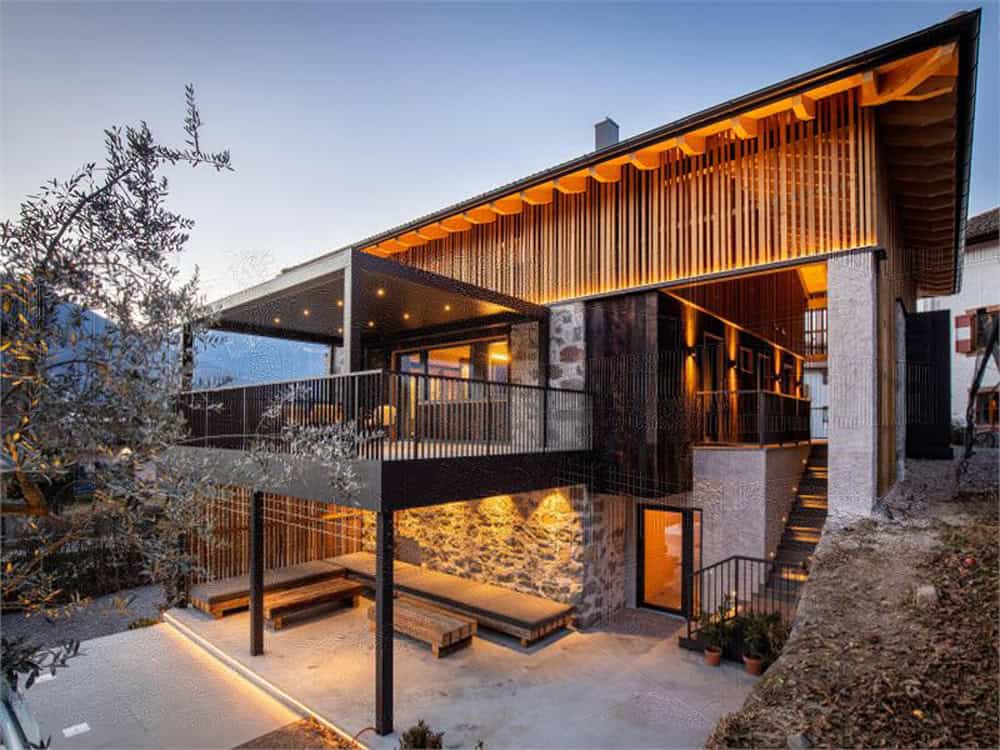
Innerbachlerhof, one of South Tyrol's contemporary farmhouses
Two Contemporary Farmsteads
To understand what it means to recover the tradition of farmsteads and how new generations are rediscovering and enhancing their ancestors' traditions, we found two great stories worth knowing. One is Innerbachlerhof in Postal, a contemporary 5-flower farmstead where Christoph Piock-Ellena and his wife Irene continue the family farm for six generations. They have renovated the house with a minimalist design, offering stays, wine tastings, farm visits, and cooking with the hosts. At Gapphof, a 4-flower contemporary farmstead in Lagundro near Merano, Clio and her husband Christian Waldner manage this old family farm, enriched with a beautiful pool under the apple orchard. They organize various activities and sell their products in a boutique-style renovated space that retains the original ground floor.
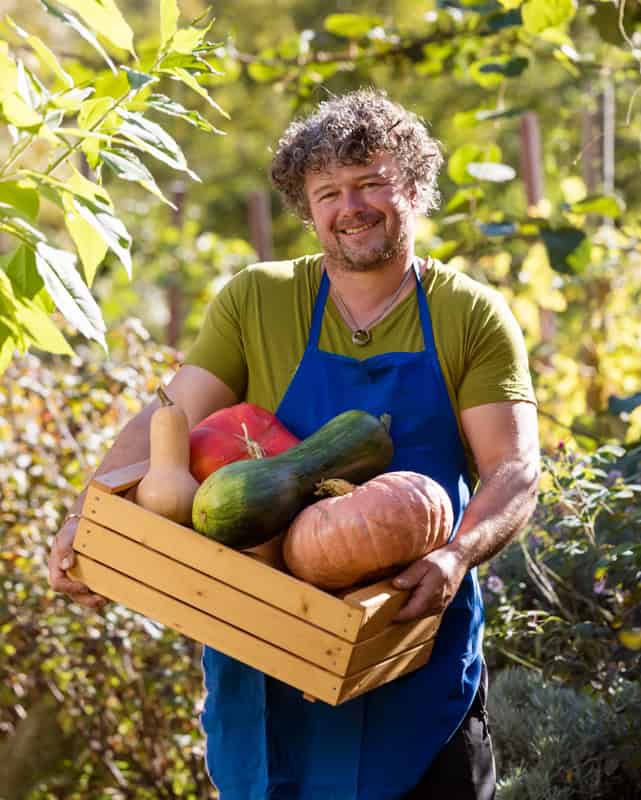
Matthias Messner harvests the produce from Lenkhof farm
Eighty-six “doc” Farms
The second pillar of Gallo Rosso is the high-quality products made by the 86 certified farms. Each product must meet a strict set of rules to receive the Gallo Rosso label. "At least 75% of the raw materials used must come directly from the farm, with a maximum of 25% from other South Tyrolean farms," says Tiziano Pandolfi of Gallo Rosso's communications. The processing must take place on the farm, using strictly regulated additives and excipients, and the raw materials must be GMO-free. Each product must pass a blind tasting by an independent expert commission.
To discover farm flavours, the Gallo Rosso Project has established a new pillar: the Cooking School, where top chefs from rural taverns offer cooking classes open to the public to teach traditional recipes using locally produced ingredients.
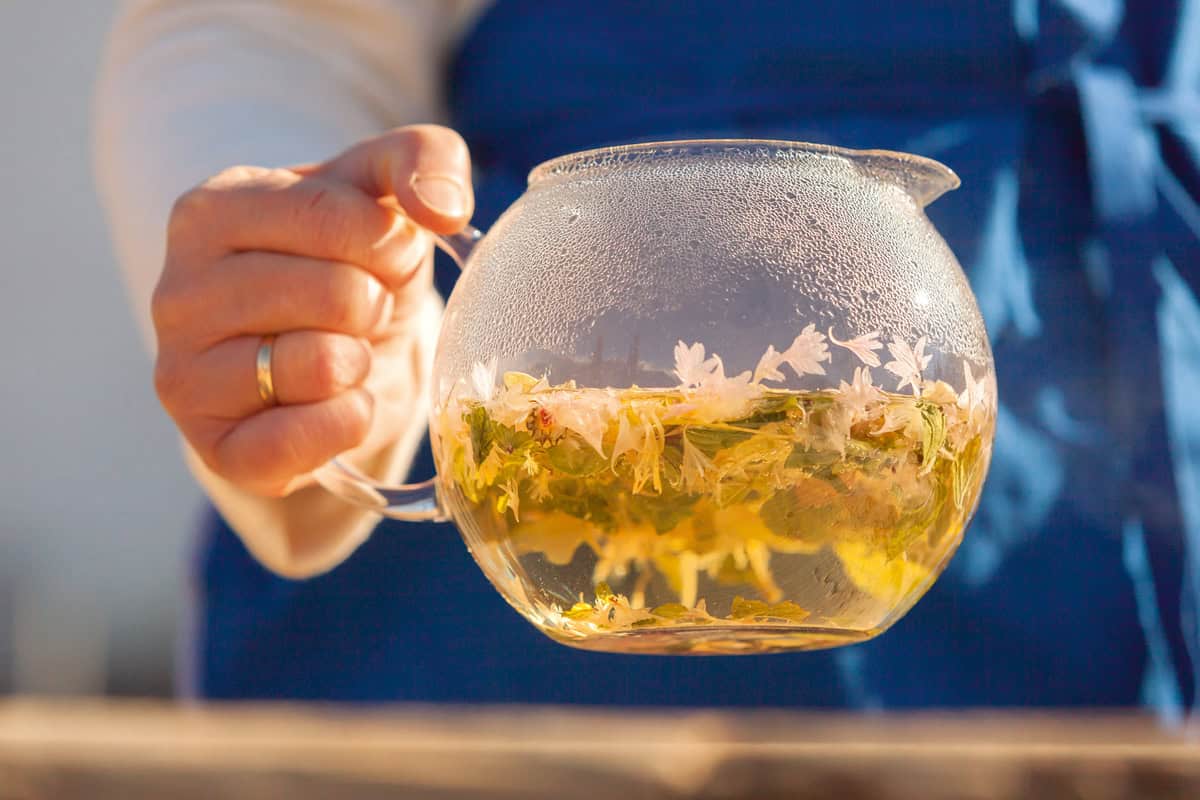
The Kurhaus Festival
A unique opportunity to discover farm flavours is the Farm Food Festival held annually at the Kurhaus (farmfoodfestival.it). The best producers gather with their delights, with the second edition held last March. Farms from the Dolomites, Isarco Valley, Venosta Valley, Bolzano, and other areas showcase their products, reflecting ongoing research and new product lines. Pflegerhof in Castelrotto is famous for its 500 varieties of aromatic herbs, Wipptal Aromatic Gardens for organic medicinal herbs, and Kirnig for shiitake and cardoncello mushrooms. Lenkhof produces cheese and yogurt, along with chutneys and spiced jams, while Eva Bio in Venosta Valley is known for award-winning apple juices mixed with other fruits and vegetables.
A Reference for Chefs
The Farm Food Festival is also a reference for regional restaurants, introducing new products for their menus. This applies to modern places like Lackner Stub’n in Lagundo, which offers fusion cuisine blending South Tyrolean, Asian, and Mediterranean flavours, and Vinterra in Malles, a social agriculture cooperative running organic farming and a restaurant. Following Gallo Rosso’s philosophy, how can one not try the rural taverns? Decades ago, farmers opened their cellars and Stube to guests to enjoy typical South Tyrolean cuisine.
Rural Taverns
Today, rural taverns are highly popular, with some earning Michelin mentions. Schnalshuberhof in Lagundo, managed by Bauer Christian Pinggera with his family, offers traditional South Tyrolean dishes made with high-quality ingredients. "In rural taverns, 80% of products must be South Tyrolean, with 30% produced directly on the farm: meats, cheeses, sausages, wines, eggs, spirits, and juices," proudly explains the farmer-host. There are 25 Gallo Rosso rural taverns, five of which also offer accommodation. Notable stops in Merano include Nalserbacherkeller in Nalles, known for honey and traditional Schiava wine, and Zmailer-Hof in Scena, recognized by Gault&Millaut for Martha Thaler Bäuerin's culinary skills. Every season is good for trying the cuisine of these valleys, but for a special occasion, visit in autumn for Törggelen, when the chestnut bonfire is lit and farms open for guided tours.

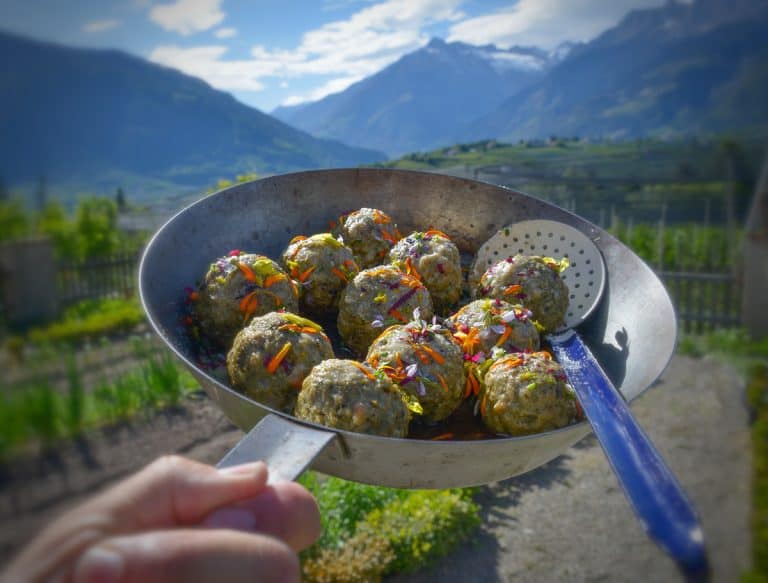
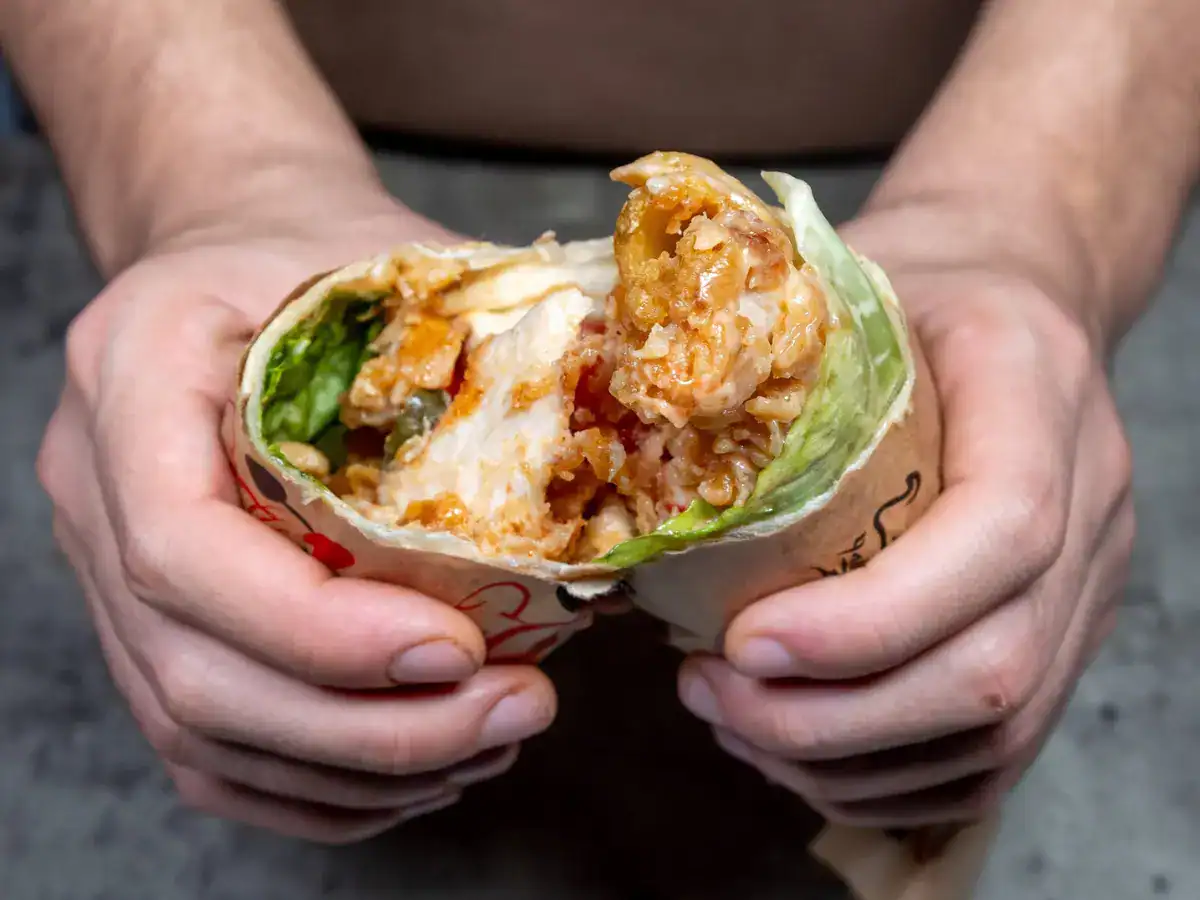 Gourmet maritozzi, Ascolana olives, and suburban pastrami: the unmissable street food of Italy
Gourmet maritozzi, Ascolana olives, and suburban pastrami: the unmissable street food of Italy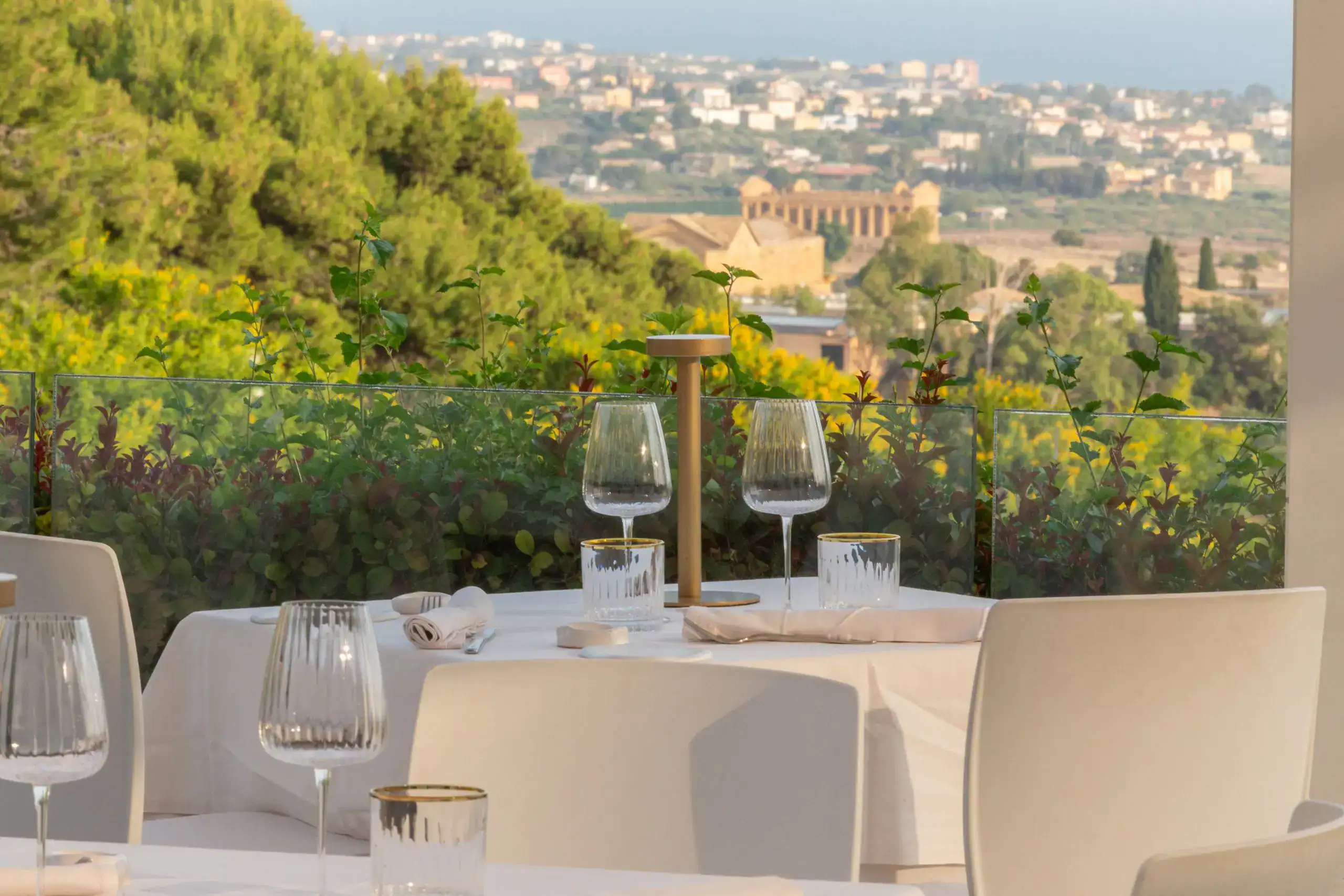 The best restaurants in Agrigento to discover the new Sicilian cuisine
The best restaurants in Agrigento to discover the new Sicilian cuisine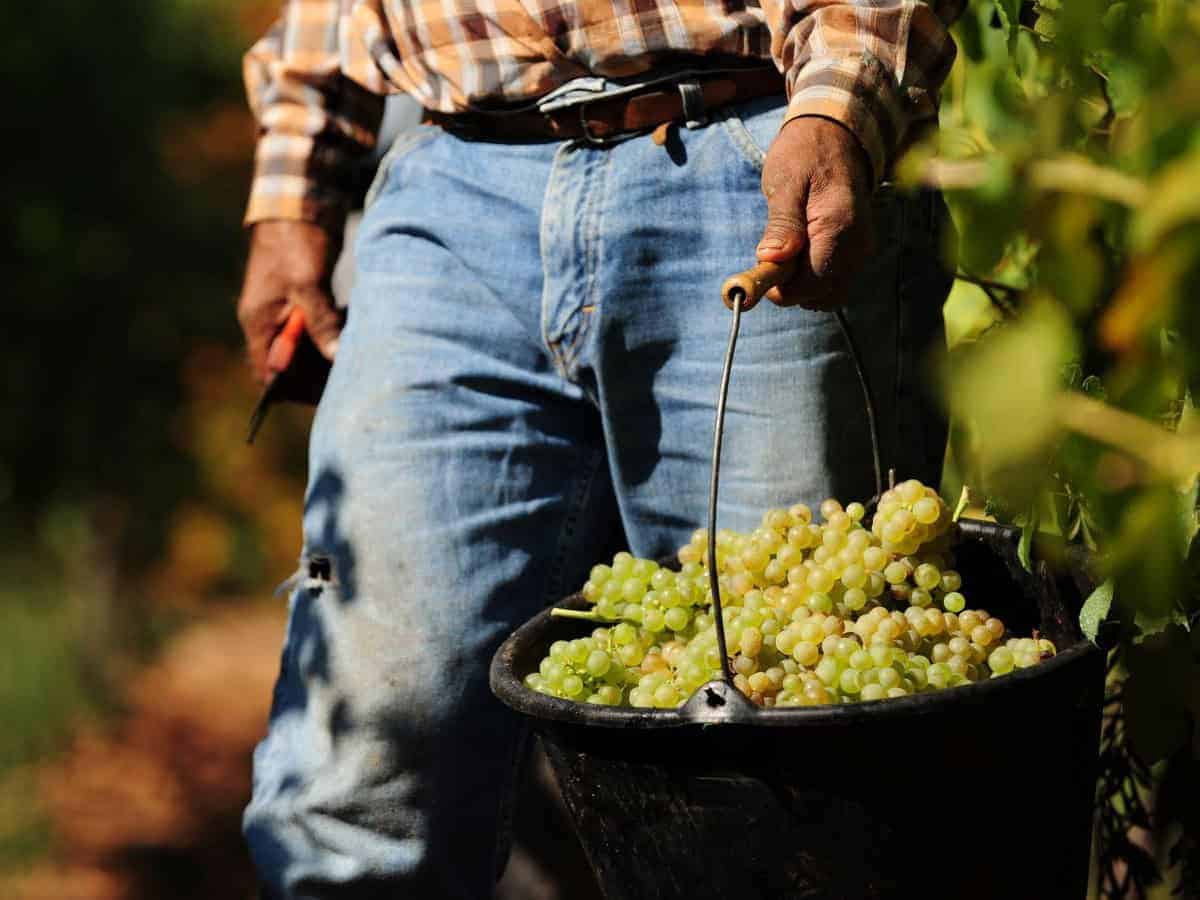 Italy’s 2024 wine production is higher than expected: nearly 44 million hectolitres. But there’s no reason to celebrate
Italy’s 2024 wine production is higher than expected: nearly 44 million hectolitres. But there’s no reason to celebrate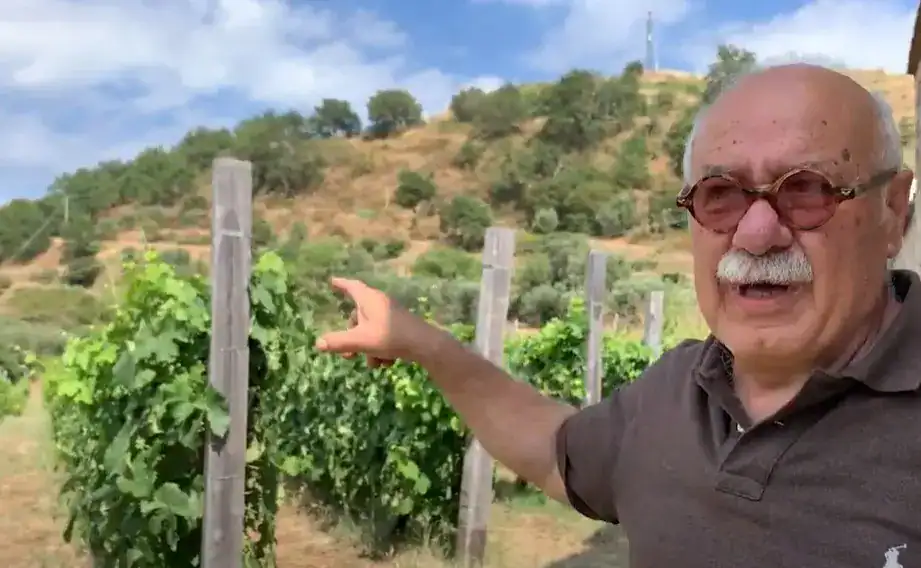 The two Calabrian brothers making wine like the ancient Grecanic peasants
The two Calabrian brothers making wine like the ancient Grecanic peasants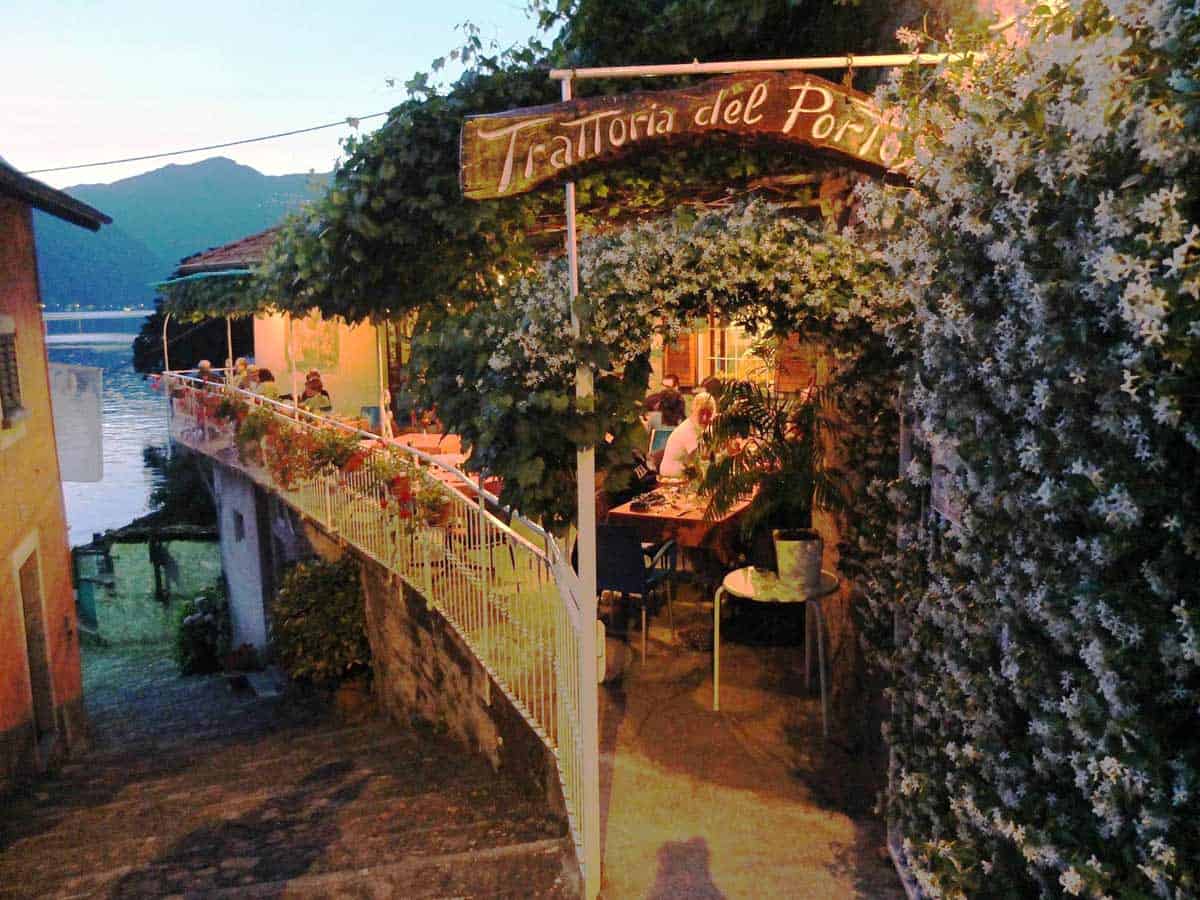 Three days at Lake Como in 17 destinations: Trattorias, Osterias and Fine Dining
Three days at Lake Como in 17 destinations: Trattorias, Osterias and Fine Dining